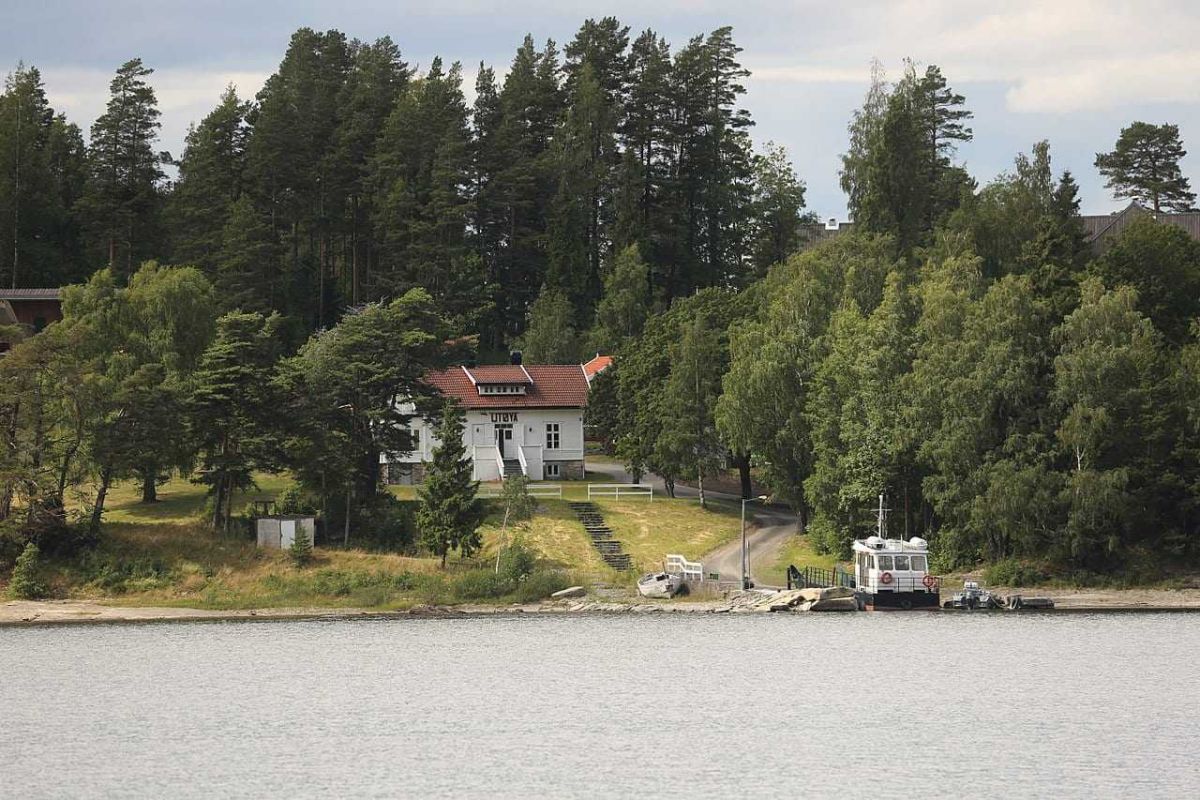
22 July is a compelling and emotionally demanding film that delves into the lives of some of the people who were impacted by the devastating terrorist attacks in Oslo and Utøya, in which 77 lives were taken.
Director and writer Paul Greengrass knew how big the margin of error was when creating this film. It could have been a triggering recollection of what happened, giving Anders Behring Breivik (hauntingly played by Anders Danielsen Lie) the attention he wanted: a platform for his abhorrent political ideology and rabid hatred.
Greengrass skilfully avoids this because 22 July in its entirety concerns so much more than the terrorist attack. He takes the events of a day full of despair, an indictment on humanity and its seemingly endless violence, and by the end makes it hopeful.
Greengrass shows us the dichotomy of what it means to be human in this film. He expertly portrays the terror and panic of the young children at the summer camp in which Breivik would mow them down. It is a difficult scene to watch, with shaky camerawork and jarring editing — which, admittedly, was initially lost on me but as it progressed it became clear what effect this was trying to achieve.
No detail is spared in the depiction of the shooting — nothing is left to the imagination. Whilst some might say this is unnecessary, I would argue the opposite. For us to truly confront the barbarity of what happened we must face it in its totality, and see what people can be capable of.
After a fast-paced start, 22 July slows down entirely and becomes a slow burn drama of sorts. The rest of the film follows the aftermath, including Vilijar Hanssen (Jonas Strand Gravli) recovering after multiple surgeries and battling the inner turmoil and trauma of what happened.
We witness with Hanssen the most painful emotions on-screen, in stark contrast to the vacant stares and cold emptiness of Breivik. The characterisation of the people doesn’t just show victims and monsters — it is a nuanced, three-dimensional portrayal of the worst and best humanity has to offer. This is Greengrass’s real triumph.
By the end of the film a solitary, hollow and defeated Breivik is signing papers with his lawyer. Greengrass manages to transcend the absolute misery that Breivik inflicted on an entire nation, and end an incredibly tragic film on a note of optimism and celebration of multiculturalism.
The true climax of the entire film, however, is when Breivik’s lawyer, Gier Lippestad (Jon Øigarden), turns to him and says: “you lost.”
In our current political climate, with Europe once again flirting with fascism, 22 July was a wakeup call that we all needed. We cannot be complacent with so much on the line, because when it goes wrong it does so in unthinkable ways.
3.5/5.







